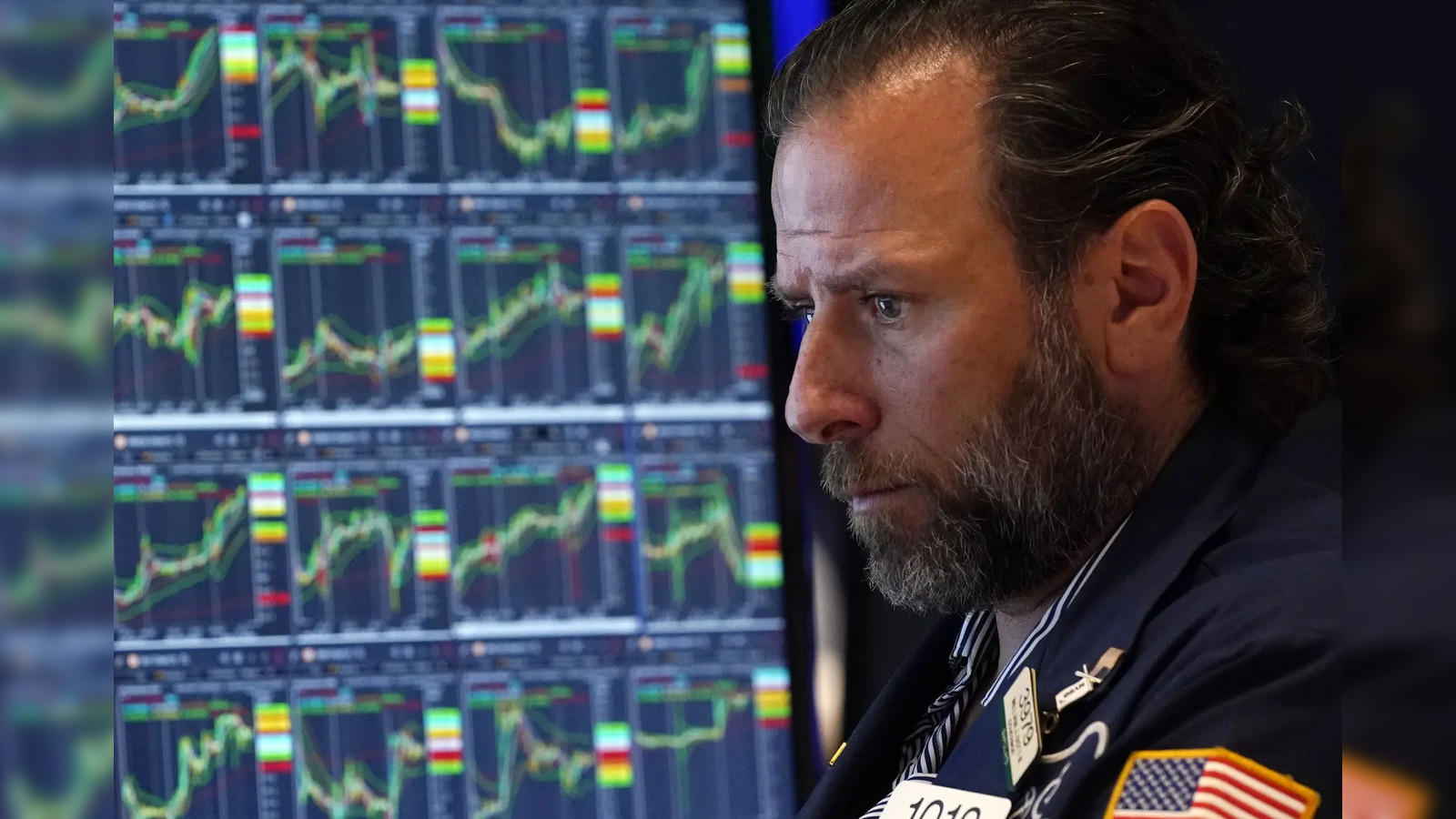Business
Indian Stock Markets Tumble Amid Global Uncertainties

Indian stock markets faced a significant downturn today, following global market trends that reacted negatively to recent US job reports and rising geopolitical tensions in the Middle East.
The Nifty50 dropped below the 24,300 mark, plunging 421 points or 1.7 percent to hit a low of 24,297. Similarly, the broader market indices, Nifty MidCap 100 and SmallCap 100, fell by 2.3 percent and 2.5 percent, respectively.
According to V K Vijayakumar, the chief investment strategist at Geojit Financial Services, indicators of a soft landing for the US economy are now under threat due to a decline in job creation and an uptick in the unemployment rate, which rose to 4.3 percent in July. Furthermore, tensions in the Middle East, particularly between Israel and Iran, have added to the market’s anxiety.
Back in India, elevated stock valuations, especially in the mid and small-cap sectors, are causing concern. Vijayakumar advised investors to refrain from hastily buying shares during this market correction, suggesting they should wait until the situation stabilizes.
The negative sentiments from last Friday lingered, where the Sensex fell by 885.6 points, or 1.08 percent, closing at 80,982. Nifty50 lost 293 points, or 1.17 percent, settling at 24,717.
Asian markets mirrored the decline, with Japan’s Nikkei index witnessing significant drops. Initially down by more than 7 percent, it later recovered slightly but remained over 5 percent lower, edging closer to bear market territory.
In the US, stock futures also indicated a rough start, with the Dow Jones Industrial Average futures dropping by 383 points, or 0.96 percent. The Nasdaq continued its losing streak, reflecting a 10 percent decline since last month.
Jobless claims in the US reached the highest level in nearly a year, further fueling recession fears. Economists believe this signals a softening labor market, raising speculations about the Federal Reserve’s decisions regarding interest rates.
Goldman Sachs economists have increased the likelihood of a US recession within the next year to 25 percent, while still maintaining an optimistic outlook on overall economic health.
Amid heightening tensions in the Middle East, Israeli Prime Minister Benjamin Netanyahu commented on the multi-front war against Iran’s influence, a scenario that adds more uncertainty to global markets.
Technical analysts are keeping a close eye on the Nifty50’s performance, identifying crucial support levels that could indicate further declines if they fall below significant thresholds.












